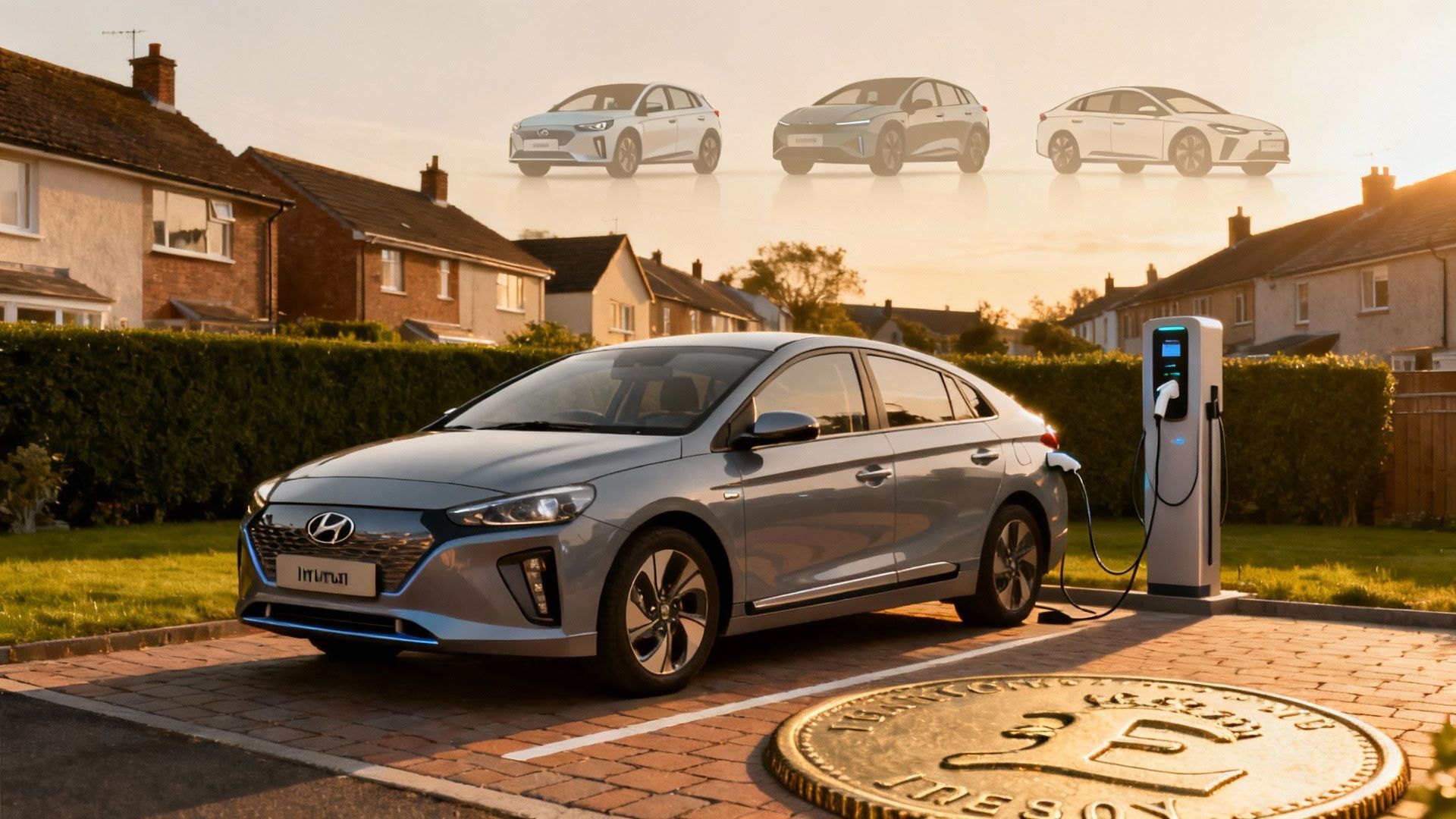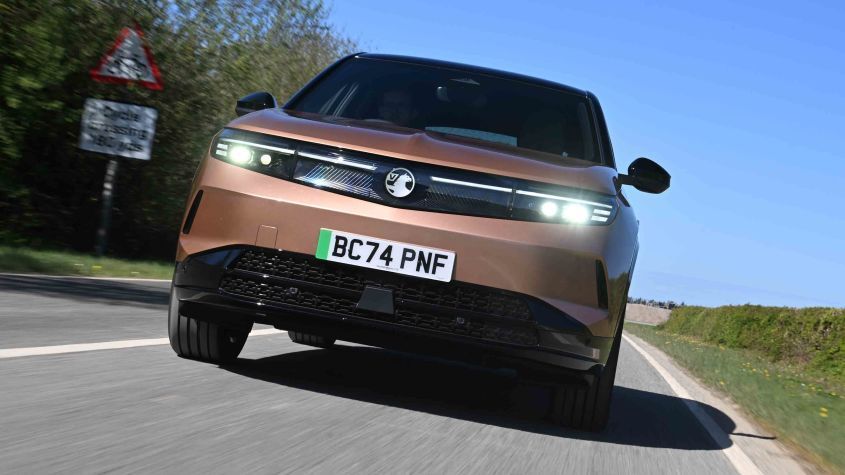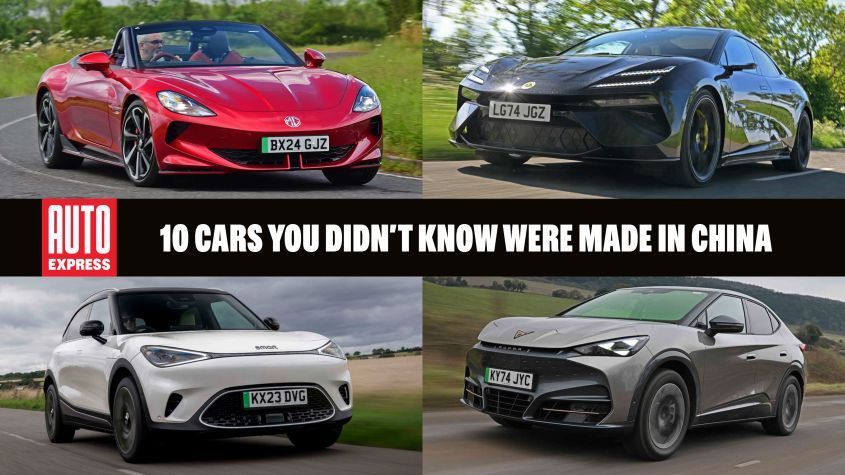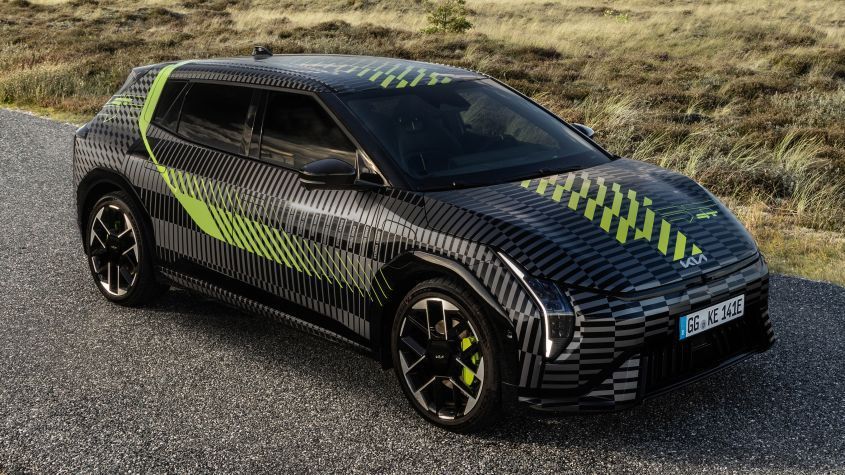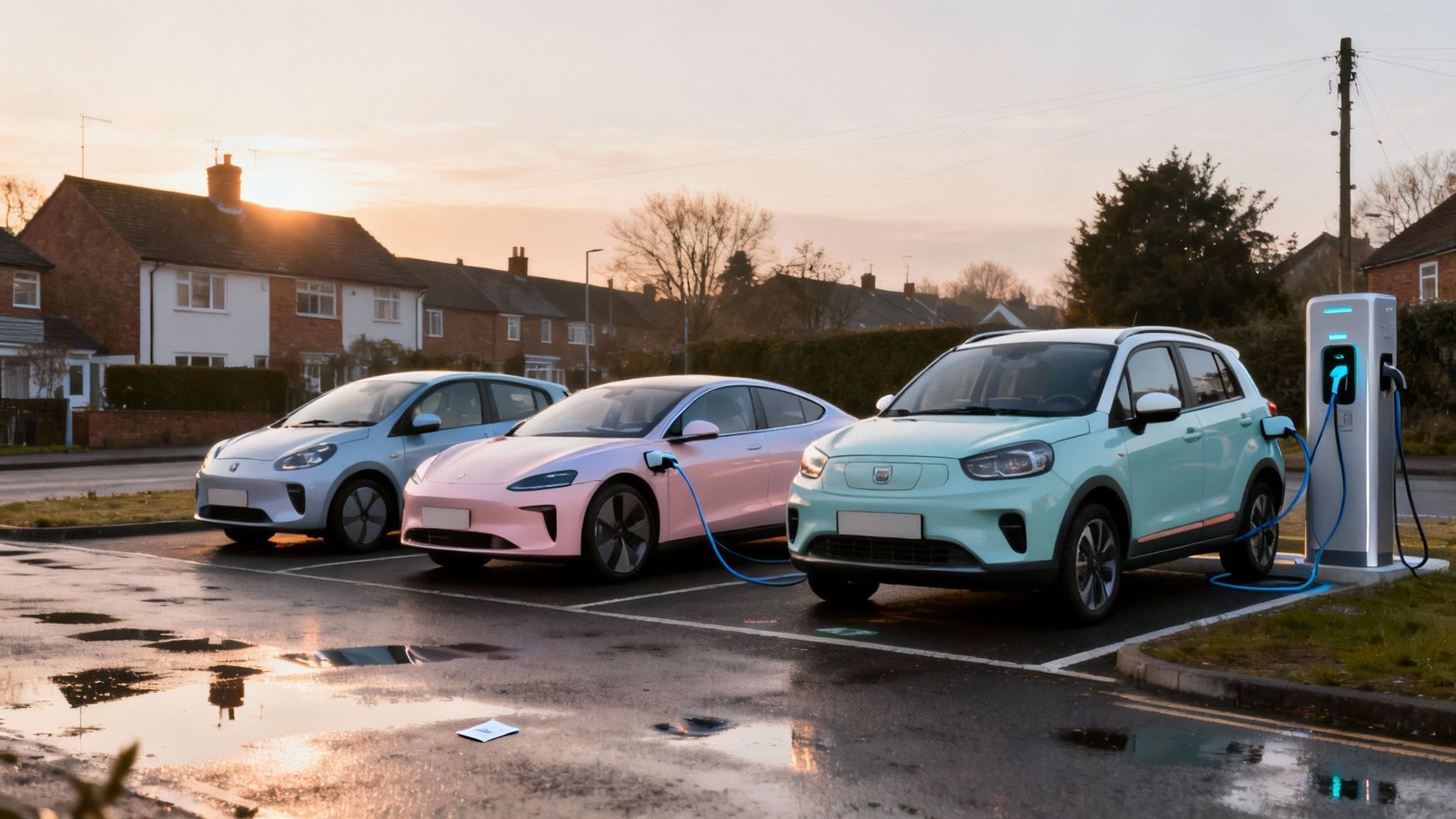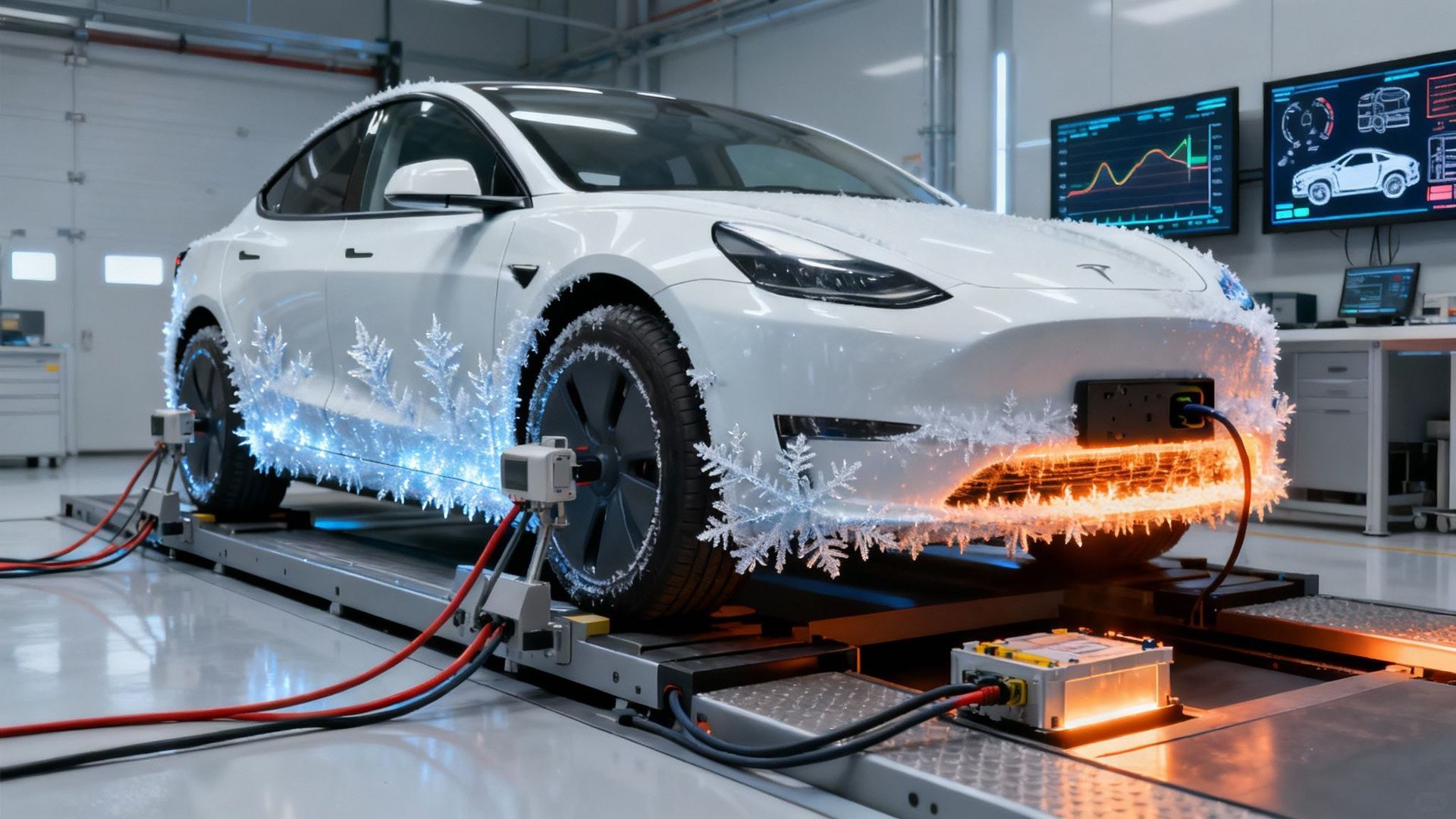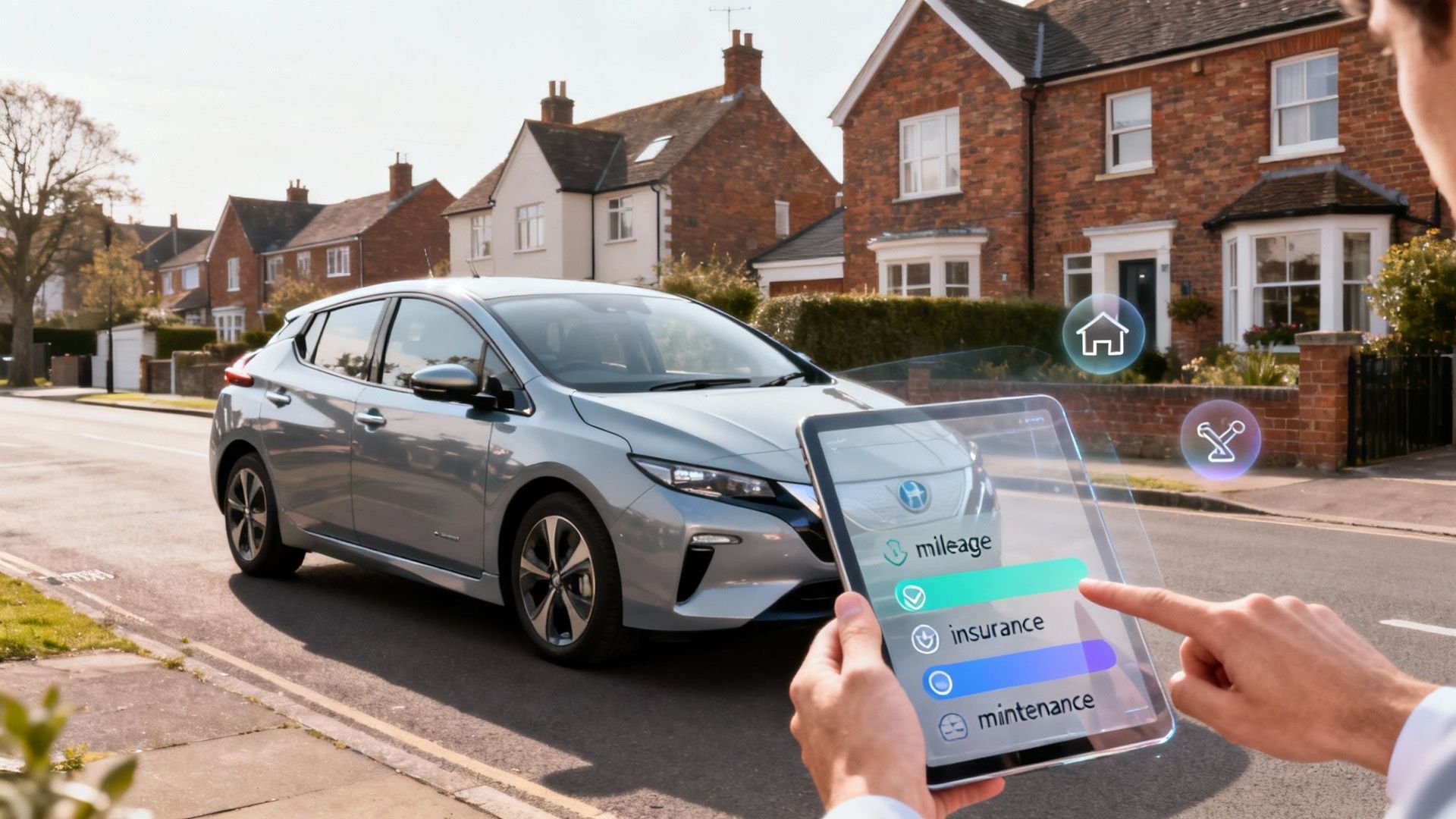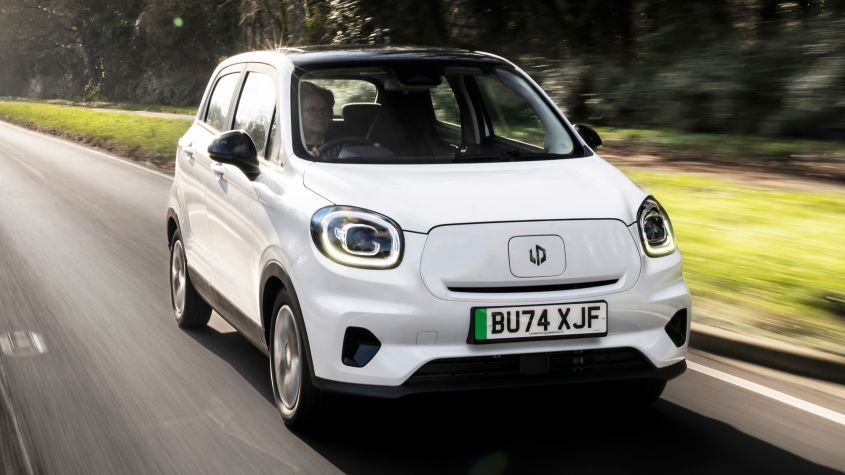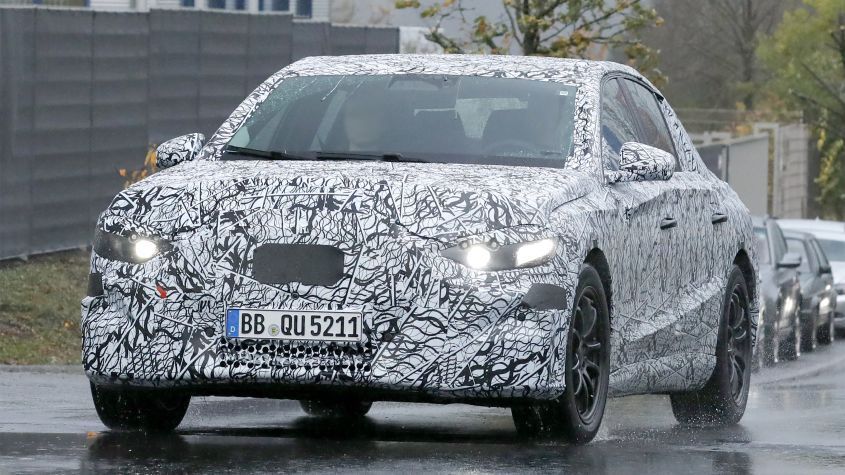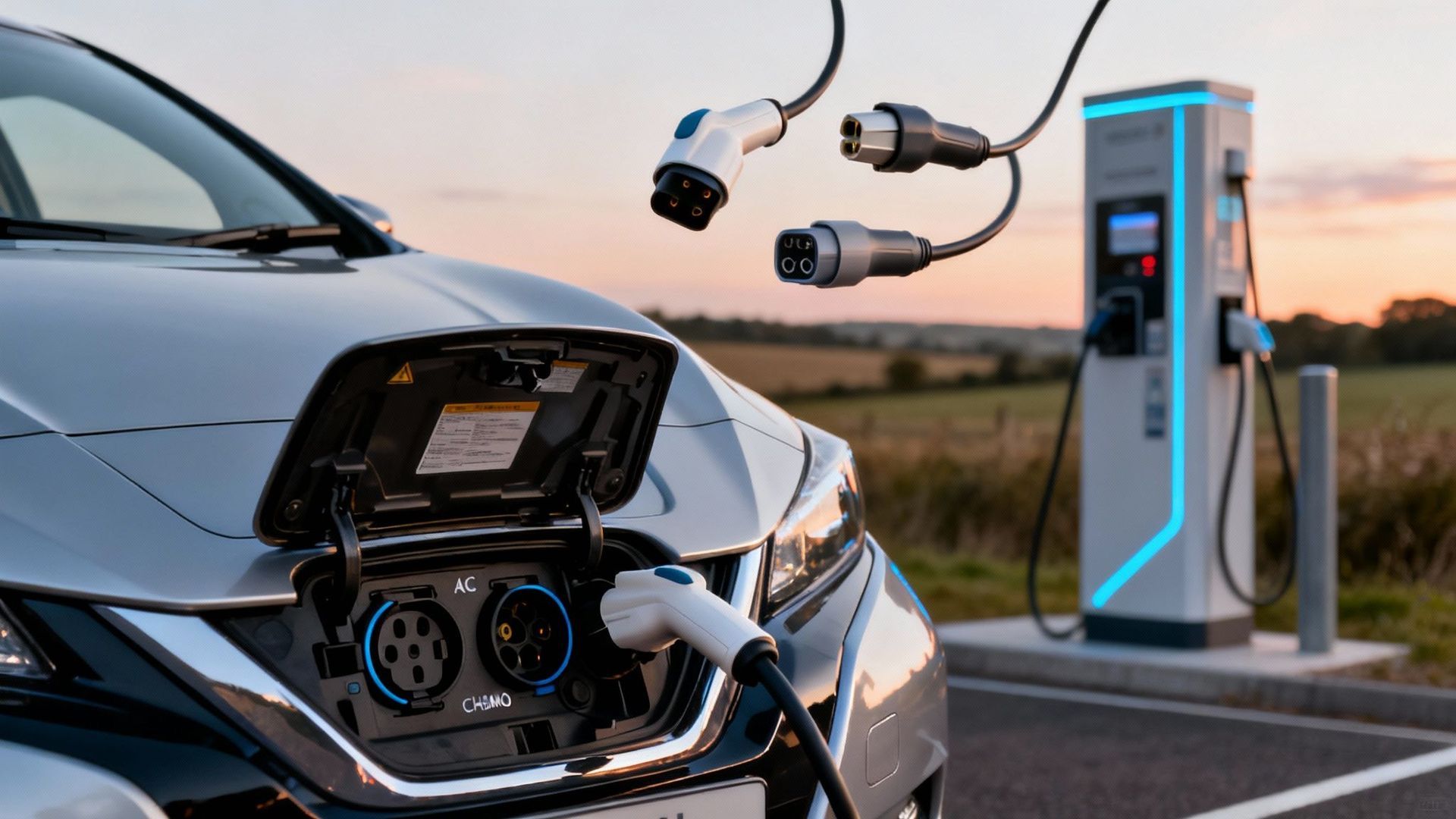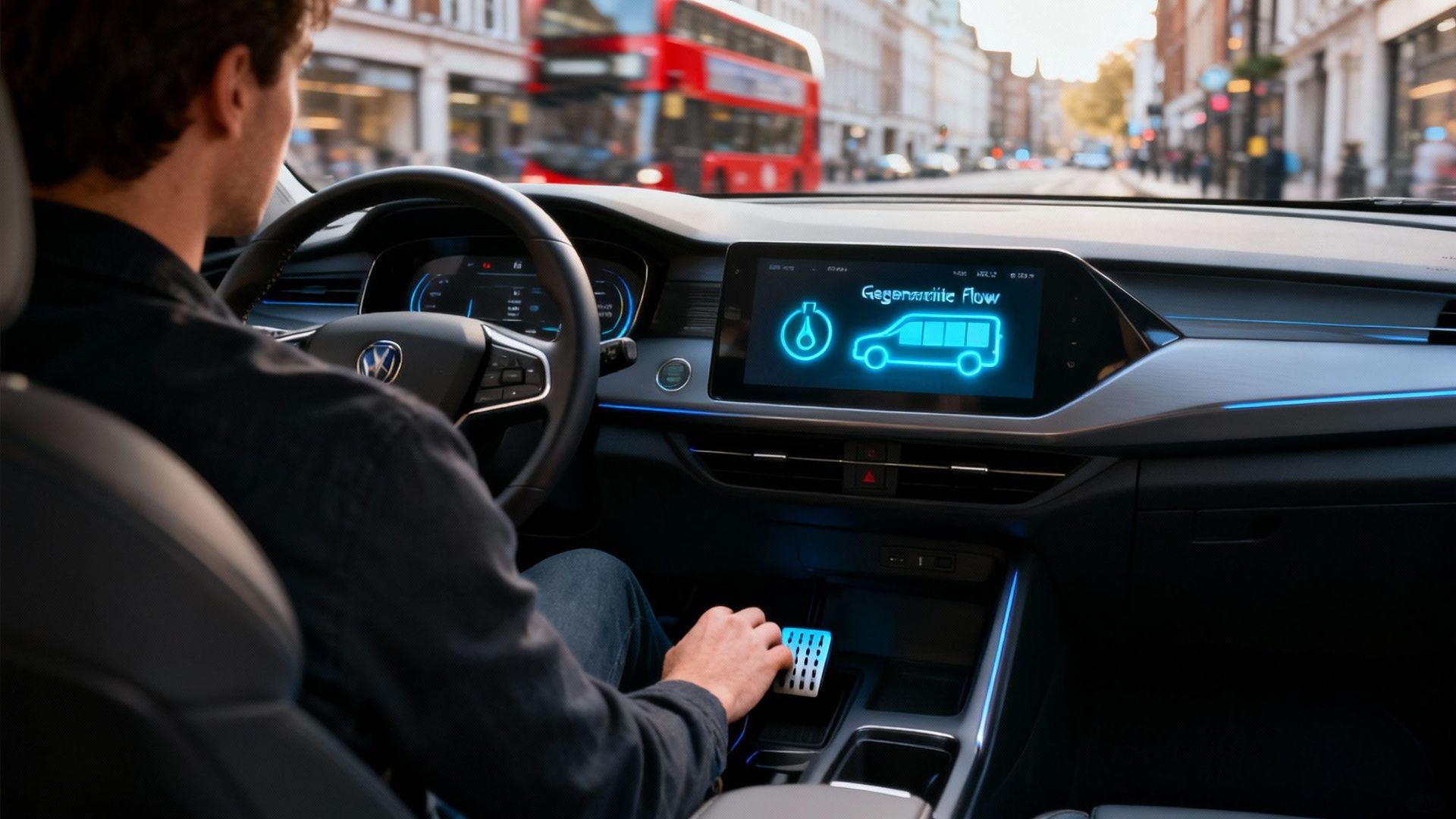Top 5 Things to Look for When Inspecting a Used EV
Ensuring confidence and peace of mind when choosing your next pre-owned electric vehicle
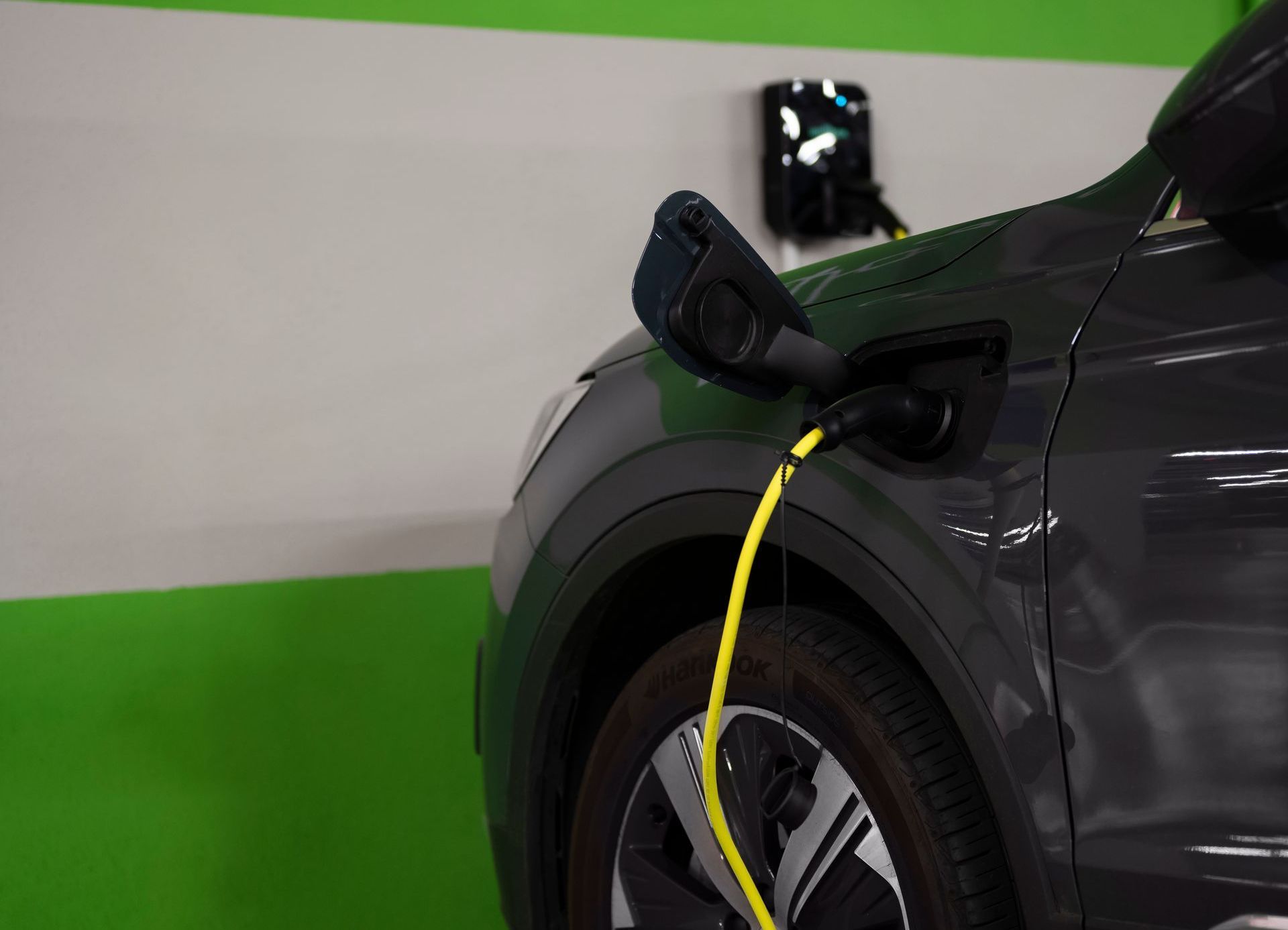
Electric vehicles are transforming how we think about transport offering sustainability low running costs and a refined driving experience. Whether you are a business owner expanding a fleet or a consumer exploring greener options it is vital to carry out a thorough inspection before you commit to a used EV. Here are the top five areas you should focus on to make an informed decision.
1. Battery Health and Capacity
The battery is the heart of any electric vehicle so its condition will dictate range reliability and long-term value. When inspecting battery health consider:
- Charging history: Review records to see if the vehicle relied heavily on rapid chargers which can accelerate wear
- Capacity retention: Use a diagnostic tool or request a health report to confirm the battery retains at least eighty per cent of its original capacity
- Warranty coverage: Check if the manufacturer’s battery warranty is still valid and transferable typically eight years or 100 000 miles
A robust battery ensures consistent performance and minimises the risk of expensive replacements down the line.
2. Range Consistency and Efficiency
Manufacturers’ range figures rarely reflect everyday driving conditions so it is wise to verify real-world performance. Try this practical test:
- Fully charge the vehicle and note the indicated driving range
- Drive under normal conditions such as motorway cruising or urban journeys
- Reassess the remaining range after a measured distance
If the efficiency varies significantly from expectations this could point to degraded cells excessive auxiliary power draw or incorrect tyre pressures affecting regeneration.
3. Charging Compatibility and Infrastructure
Ensuring the EV matches your home charging setup and public networks will save time and money. Check:
- Inlet condition: Inspect the CCS or Type 2 inlet for wear corrosion or damage
- Charging modes: Test both alternating current and direct current charging to confirm the vehicle accepts power at advertised rates
- App connectivity: Verify any manufacturer apps link correctly to the car and provide reliable status updates
Seamless integration with wallboxes and rapid chargers guarantees a hassle free charging experience.
4. Software Updates and Diagnostic Records
Modern electric vehicles rely on sophisticated software for battery management energy efficiency and safety features. To avoid hidden issues ensure:
- Firmware currency: Review service logs or the manufacturer portal to see if the latest updates have been applied
- Error codes: Use an OBD scanner designed for EV systems to uncover unresolved faults
- Module resets: Confirm that control units were correctly reset after maintenance to prevent recurring glitches
A fully updated system delivers refined charging algorithms improved range management and enhanced driving aids.
5. Structural Integrity and Servicing History
Although EVs avoid oil leaks and exhaust corrosion they still require regular checks to maintain safety and efficiency. Focus on:
- Suspension and braking: Listen for unusual noises and examine brake pad wear and disc condition
- Tyre inspection: Look for uneven tread wear which can indicate alignment issues that reduce range and compromise handling
- Corrosion check: Inspect chassis areas around battery enclosures for signs of water ingress or rust
Request a detailed service history to verify that the vehicle underwent manufacturer recommended inspections software calibrations and any necessary repairs.
Conclusion
Inspecting a used electric vehicle does not have to be daunting if you concentrate on the components that matter most. By assessing battery health range consistency charging compatibility software status and overall vehicle maintenance you will gain confidence in your choice. These five checks will help you select a reliable pre owned EV and enjoy the benefits of electric motoring with complete peace of mind.

